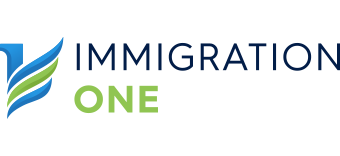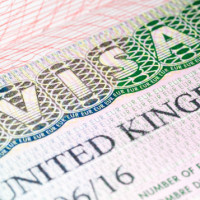The Government has published changes to the Immigration Rules, most of which came into effect on 6 July 2018.
The most pertinent changes for employers and workers include:
Tier 2
One of the most welcome changes is the much-anticipated removal of doctors and nurses from the annual Tier 2 (General) Restricted Certificate of Sponsorship (RCoS) cap of 20,700. In the last 6 months, demand for RCoS has significantly out-stripped supply, effectively increasing the Tier 2 minimum salary threshold to £50,000-£60,000 (from £30,000). By the Government’s estimation removing medics from the cap should free up an additional 8,000 RCoS per year for workers in other occupations. This will certainly relieve some of the pressure on the RCoS system and should in turn have a cooling effect on the minimum salary required to secure a RCoS. However, it remains likely that the monthly cap may still be exceeded over the summer months, not least due to re-applications from those refused in the last 6 months. We may also expect to see pressure increasing again from October when the allocation of monthly RCoS drops – particularly if net migration from the EU to fall. So, we forsee bolder reforms for Tier 2 in the future.
Indefinite Leave to Remain in the UK (ILR) – calculation of absences
Much needed transitional arrangements will be implemented to prevent the adverse January 2018 changes relating to the calculation of absences towards the 180-day limit for ILR, from applying retrospectively. For periods of leave granted under the pre 11 January 2018 Rules, absences will be calculated in line with the old Rules (ie on the basis of consecutive 12-month periods); any periods of leave granted under the Rules from 11 January 2018 will be calculated on the new ‘rolling’ 12 month basis. This is a welcome development, although calculations may be complex for those whose qualifying period for ILR includes periods of leave under both pre and post 11 January 2018 Rules.
Croatian Nationals
From 1 July, Croatian nationals will no longer be required to obtain authorisation to work in the UK and will fully benefit from free movement rights.
Turkish workers and businesspersons
New provisions within the Immigration Rules have been put in place for Turkish workers and businesspersons with leave under the European Communities Association Agreement (ECAA), also known as the Ankara Agreement, to apply for ILR after five years. Turkish workers were previously ineligible for ILR and could only qualify once they reached ten years lawful residence.
Other changes
Further welcome announcements include widening the Tier 1 (Exceptional Talent) route to include fashion industry designer leaders.





